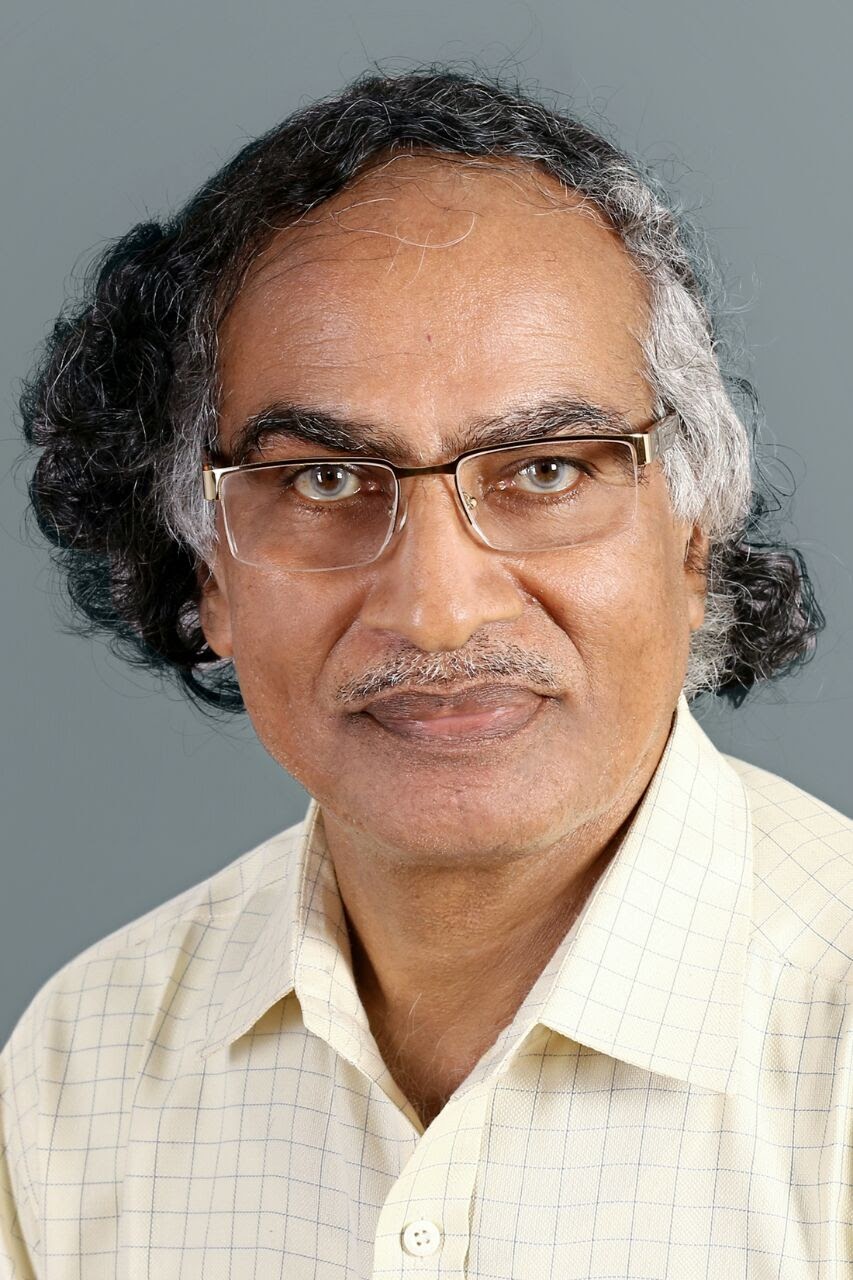Translated from the Malayalam by K.M. Ajir Kutty
No word will be comforting here
There is no distance between Dadri and me
There is no distance between the Ahmad of there and me
It was only yesterday that I ate with him appam
from a makeshift wayside eatery.
How can I say that it wasn’t my hands
that thrust the sword into his neck today?
Now can I sing about light still again?
The paths have turned so much dark
because of me.
His corpse split into two, having risen up
on two legs from the dead,
is it walking up to me to clasp me in total embrace?
Is he saying thus:
‘If to be a cow is morality for you,
you give the milk of that morality to me too.
It is the bleat of the goat
that grew up eating the green leaves of mine
that alone do I hear in you
O children do not walk stamping
on the blood being spilt
from the neighborhood.
I cannot sit at the foot of the peepul tree
playing the flute in the wind
blowing from the neighborhood.
Someone keeps asking,
will the echoes become its answer:
‘Will anybody sing
in the time of darkness,
yes, the songs of darkness.’
From the nadir of silence
we will keep singing
without singing
without eyes
without even ears.
The blood that flowed down
to my feet from the neighborhood
is singing that song.
It is the swords sprouted from my anger
that keep rhythm to it.
The priests keep tolling the bells.
Are there any prophets descending?
The mantra chanted by the desperate
exodus of people is—
let the paths continue to lie
in darkness.
Without being able to look up,
sitting before a lamp burning hesitantly
I am weaving a shroud for my victim.
Carrying the body of his father, a son
Bearing the load of a husband’s dreams, a wife
Carrying the pet parrots of their
grandfather, the grandchildren
— They are leaving their home for good
They stood for a moment in front of me
paying their obeisance to me
with palm held together.
Remembering the sulaimanis
served at all those steaming feasts—
They are leaving their homeland
perhaps thinking silently ‘o friend,
you yourself are the enemy.’
Being unable to fall at their feet,
blind I am standing with the
hypocrisy of poetry chanting
‘not I, not I.’
No word will be comforting here
No god will be there to lean on
as long as I remain reluctant
to turn against myself.
A shadow that died writhing
Don’t ask who he is
You know who he is
One needs to have fear
or pity to ask at least who he is
If you are relenting enough
you call and take him along with you
If you are afraid of him
drive him away,
casting stones at him
If he is a religion personified
beat him to death.
Some houses are found to be locked up
Who knows?
Where have all the inhabitants gone to?
Some houses are found to be open
Who knows?
Where have all they gone running for their lives?
Counter shouts coming on the
waves of wind are heard from somewhere
Intermittent screams of pain
are heard from somewhere.
This half-naked man is moving
between spaces of silence
Cold and shivering, he stands
before each house and moves on
praying wonderstruck.
A pigeon is flying over his head
fluttering its wings
A butterfly is whispering in his ears
A green leaf is falling on his forehead
His shadow grows large
covering up the sky and the earth
Children are going after him
asking who he is— the hawker boys.
Just then, he felt that he was
no stranger after all
He felt also that he was not fear either
He felt that he was not a victim either
He felt that he was not a religion either
He demolished the darkness in him
They laughed seeing blocks of darkness
come crashing down.
He took out the seeds he had kept in
a knot at the end of his dhoti
tied around his waist
and, in the company of
those little minds that do not think of
casting stones at others, sowed them
in the yards of the houses locked up
in the yards of those houses that
break their heads over their fate.
A dreamer as he was,
he saw:
a world without borders
he felt in his tongue
the throbs of a new language.
Before the dream he saw fades out
ere he is split asunder by somebody
The shadow shrinks and shrinks further,
and finally meets with its end writhing.
The sister who visits us during Onam
The sister comes and goes
once in a year,
she herself is Mahabali to us.
The sister comes with her
conversations ringing with
the sounds of the Tamil tongue.
The house will be filled with
vegetables grown in Tamil Nadu
and the odor of new clothes.
How does she live there?
Nobody poses the query to her.
Her wounds are smiling.
All the five tinas will come along
with her, is it in the jasmine or in the marutha tree
or in the water lily or in the sweet-smelling
Pala tree that one has to look for her?
During those days
I will walk around her
with my nostrils opened wide,
what a fresh fragrance of the guavas!
She will have brought in good supply
the tender Salem betel leaves
and ripe betel nuts
for everyone to move about
with their lips reddened.
How lovely it is to see the sister
sitting in her customary garb
untying the knots of riddles!
Though she has grown a shade darker
in the sun in Tamil Nadu,
she still has the golden complexion
which is doubled when she wears
a chrysanthemum in the hair.
Know why the sister comes home
traveling such a long distance?
She wants to take part in
Onam games and sports
performed with traditional gaiety
and enthusiasm.
She hasn’t forgotten the blood ties
even in the teeth of her life being
ground to nothingness at a distance,
her house is still her Mahabalipuram!
Goof of a girl she is,
when she comes picking a quarrel
with us and crying and laughing
over something and goes away finally,
What shall I give to those arms
that have taught me how to swim
in the shallow and cool stream in the shade
when we were children?
The mind is filled with the solitude
that she is and the fragrances
that she has brought.
Also Read:
Apple Cinnamon and Other Poems— Mercury-Marvin Sunderland
Every Poet’s Fate Is Sealed By A Stroke Of Their Pen by küçük İskender



























0 Comments